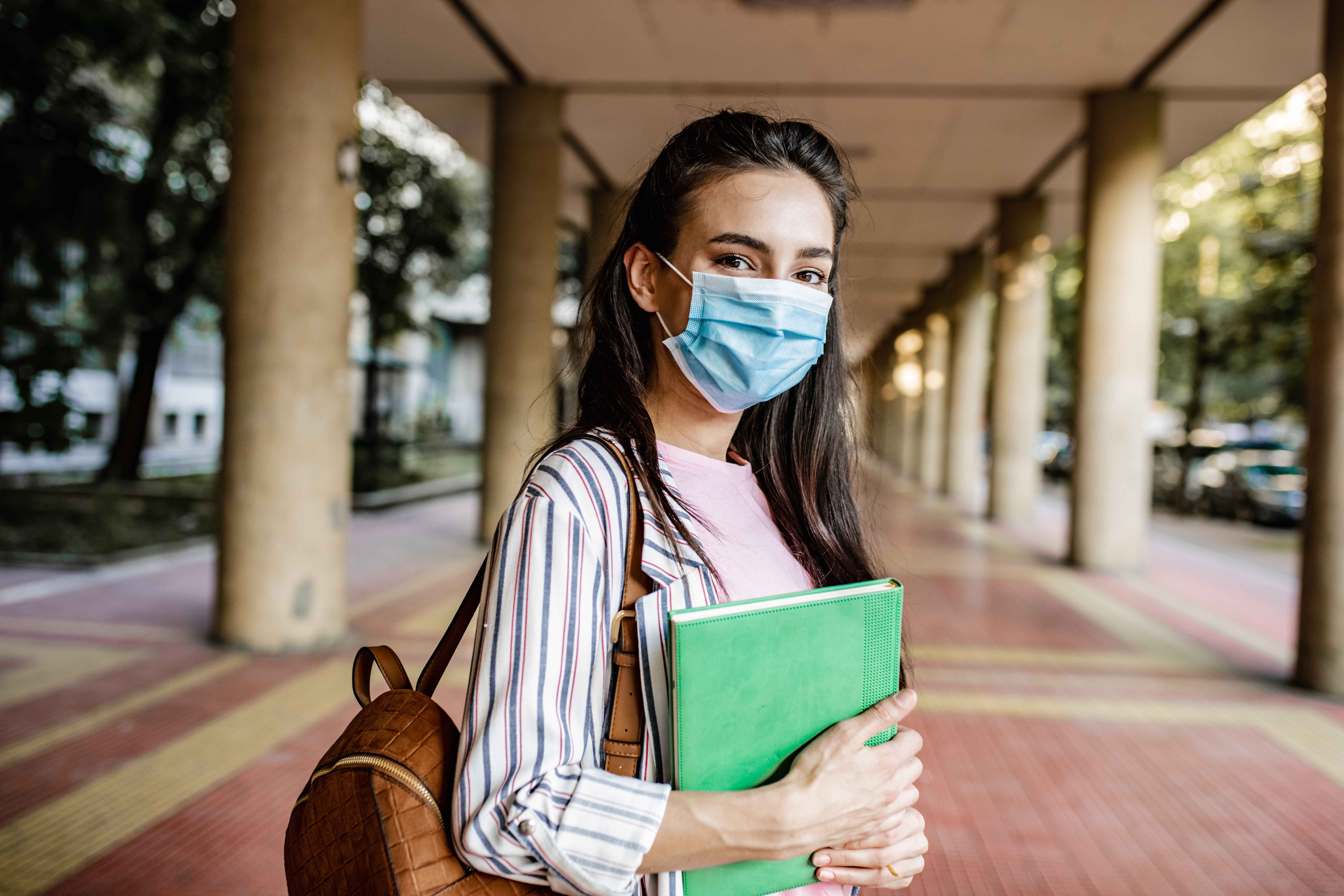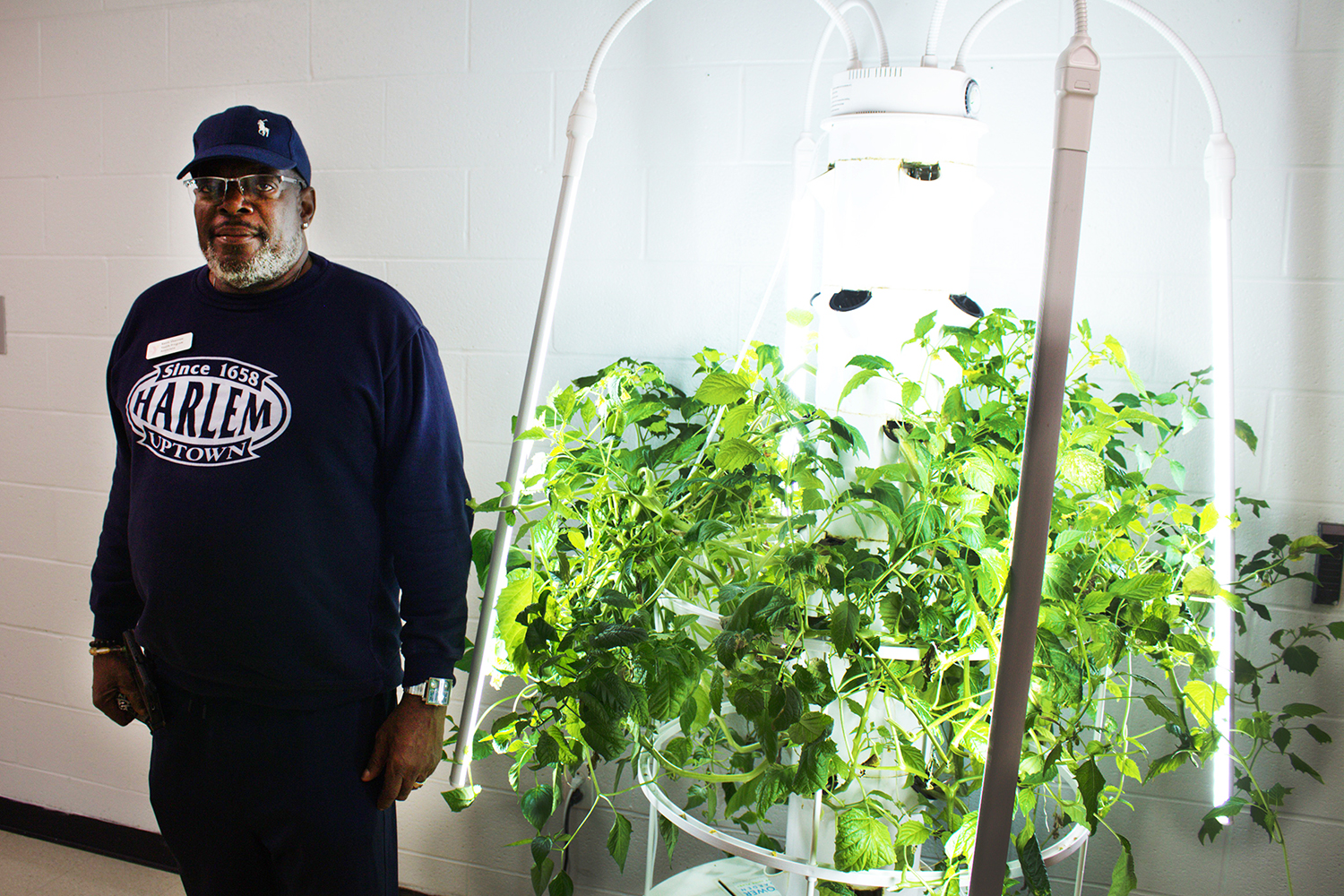As the country scrambled in the face of the global coronavirus crisis, the Institute for Collaboration on Health, Intervention and Policy (InCHIP) at the University of Connecticut quickly rallied to establish a funding mechanism for 20 projects studying the social and behavioral implications of the COVID-19 pandemic.
The Rapid Response program provided up to $5,000 of seed funding to UConn researchers in many departments and multiple campuses. This funding has helped them compensate study participants, pay student workers, and cover other associated costs related to urgent projects that could offer valuable health behavior insights in almost real time.
The program was announced on March 20, just three days after President Thomas Katsouleas announced UConn would transition to online operations for the remainder of the Spring 2020 semester.
InCHIP Director Amy Gorin says there was tremendous interest in the seed grant mechanism.
“We immediately realized that many of our social and behavioral scientists wanted to pivot quickly to tackle the crisis we were all facing,” says Gorin, who is also a professor in the Department of Psychological Sciences.
The quick turnaround for this program removed many of the barriers researchers often face when seeking funding, allowing them to begin collecting data immediately. For many of these projects it is critical that researchers quickly have access to data that reflects the rapidly changing situation.
“With this mechanism, we knew we needed to move quickly and distribute funds in a matter of days so teams could collect data in real time as the pandemic evolved,” Gorin says.
The projects investigate various aspects of how people are responding to the pandemic, including its impact on food procurement, factors affecting people’s likelihood to engage in preventative behaviors such as wearing a mask and social distancing, and LGBTQ+ college students’ living arrangements and wellbeing.
In one project, an interdisciplinary group of UConn researchers from the departments of Psychological Sciences, Communication, Kinesiology, and Human Development and Family Sciences are collecting data on UConn students’ wellbeing during the pandemic.
The group of more than a dozen researchers are using their varied expertise to look at student wellbeing from multiple angles including mental health, diet and exercise, social connection, and compliance with COVID-19 prevention measures.
“When this happened, a lot of us immediately thought, ‘Oh wow, how is this impacting the students and how can UConn help the students get the services they need in this new environment?’” says Rebecca Acabchuk a postdoctoral fellow with InCHIP.
The longitudinal study began in June and will continue through late October, providing researchers with a wealth of data from brief surveys conducted three times a week.
By distributing the survey frequently, the researchers hope to capture the ups and downs people feel on the “corona coaster” as they experience it.
“There are lots of different ways people feel about their day-to-day experiences and we’re trying to capture all of them,” Emily Hennessy, a research assistant professor with InCHIP, says.
When Acabchuk and Hennessy, who have worked in the SHARP research lab for years, submitted their application to InCHIP, Gorin connected them with researchers examining other aspects of students’ wellbeing.
“InCHIP is a great resource for bringing people together,” Saraswathi Bellur, associate professor of Communication, says. “With their help we are working with researchers from all these different departments who we usually don’t get to work with.”
The study looks at coping behaviors including meditation, media use and consumption, exercise, and substance use.
“We’re capturing a wide variety of behaviors,” Acabchuk says. “Everyone is in flux and people are doing what they can.”
Since the study is longitudinal, the researchers have been able to add or modify questions to reflect ongoing changes in the world, including adding questions about the Black Lives Matter movement and recent protests.
In a sub-study, Keith Bellizzi, a professor in the Department of Human Development and Family Sciences and his PhD students Kaleigh Ligus and Emily Fritzson, are investigating how students with pre-existing mental health conditions and disabilities are faring during the pandemic.
Many students’ treatment of conditions such as depression and anxiety was disrupted by the pandemic as they are unable to see therapists in person and access other forms of support. COVID-19 safety measures such as social distancing and quarantining also hamper social supports to which these students were accustomed.
“I think students with pre-existing mental illnesses may be particularly vulnerable to the effects of the current public health crisis given unanticipated interruptions to managing their illness,” Bellizzi says.
According to the National Survey on Drug Use and Health, approximately 26% of college-aged youth experienced a mental illness within the past year.
Bellizzi’s study is a pioneering look at the toll the pandemic is taking on the management of mental health of college students.
“Many of the questions we’re asking have never been explored before,” Bellizzi says.
The researchers on all parts of the study will share their findings with administrators who are making policies to reopen campus and support students. One question on the survey directly asks participants what services they would like UConn to provide.
“So much of it is new and so much of it is unexpected, so we’re taking recommendations directly from the participants,” Bellur says.
Like many of the projects funded by the InCHIP Rapid Response program, the team expects these data to give rise to multiple papers contributing to the literature on the pandemic and help bolster future grant applications.
“We’re trying to make this an encouraging collaboration so people can make as much use of this dataset as possible,” Acabchuk says.
Anyone interested in participating in the study can find information at https://is.gd/UConnBeWellStudy. Questions about the study should be directed to wellbeing.survey@uconn.edu.
Follow UConn Research on Twitter & LinkedIn.



